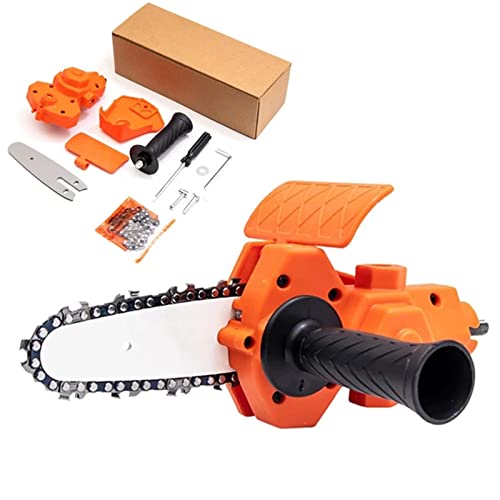Horsepower is directly related to RPM. It's part of the formula. If both engines are the same RPM then the 12 HP simply has more torque available. That's good but it won't make your cycle speed change.
When the big engine will become noticeable is when you are working hard to split stuff. When the splitter reaches its limit one of two things will happen, the pressure relief valve will open and the ram will stop or the engine will stall and the ram will stop. Your larger engine will minimize or eliminate the engine stalling but the PRV will still open to prevent damage to the splitter.
On my Huskee splitter the engine stalls when something is particularly nasty so I would benefit from a larger engine. Not worth an upgrade to me though as it almost never happens and I split some huge, knotty, stuff.
Used splitters. I would be very leery. In most markets you can buy a new splitter for almost the same price as a used one. They don't lose value very fast at all. New splitters are new, not leaky, warranty, not homemade, and you can make sure it is treated right from day one. It would have to be a super good deal to make it worth the risk of buying a used splitter.





 lots of knowledgeable people here.
lots of knowledgeable people here.


















































